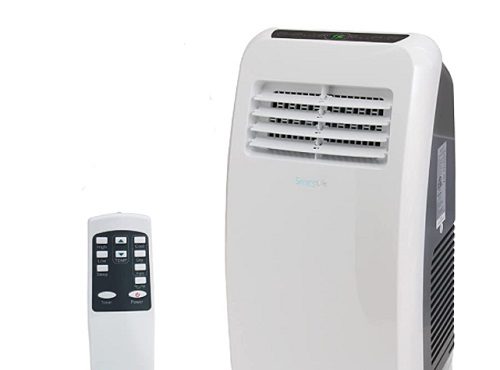 The frequent power cut & load shedding is one of the worst nightmares. You can’t charge your gadgets, power the crucial home equipment – refrigerate your food, microwave your meals, and sit down in consolation without sweating.
The frequent power cut & load shedding is one of the worst nightmares. You can’t charge your gadgets, power the crucial home equipment – refrigerate your food, microwave your meals, and sit down in consolation without sweating.
In such cases, should you be at the mercy of your electricity board? Well, we have a better solution. You can switch to one of the whole house generators . In this post, we will provide an in-depth explanation for to you- what is a whole house generator, how does it work, what are its advantages?
What is a Standby Generator?
As is the name goes by way of, that is always on standby to provide power to your property. It automatically senses the power outage within seconds and activates the generator to power up your property.
In short, you may call it your backup power system.
How does a Standby Generator Works?
The standby generator has two predominant systems:
- Generator
- Automatic Transfer Switch
Once you connect the utility power supply (generated from the electricity board) and existing wiring to the generator, the Automatic Transfer Switch constantly checks for the utility power supply. If the utility power supply stops flowing in the house, the standby generator activates the generator and supplies power to your entire home.
As soon as your utility power comes back to life, the standby generator switches off the generator and supplies utility power to your house.
Whether our utility power supply is on or off, you will get an uninterrupted power supply with no hassles.
What are the advantages of a standby generator?
- Low noise – standby generators use new technologies to keep the sound to residential levels
- Low maintenance
- Gives better fuel efficiency
- Handles longer outage periods due to liquid cool technology
- More reliable and efficient than portable generators
Facts to Consider before Buying the Best Whole Home Generator
Wattage
Before you buy a standby home generator, you’ll be required to count the number of appliances you want to run at once and calculate their wattage consumption.
Start making a list of items in your house and add up their watts to arrive at a probable wattage requirement.
Calculate the maximum watts of all your appliances, add them, and you roughly arrive at the wattage you require to buy one of the whole house generators.
Pro tip: Remember to calculate the devices you will use during a power outage.
Fuel
The following fuel options are available for best-rated standby generators:
1. Diesel
The benefit of choosing a diesel standby generator is thermal efficiency, i.e. the ratio of the work done with respect to the heat supplied to the engine.
A diesel engine generates 1 kW of electricity at a low capital cost. It is stored on-site. So, it is used in remote areas and hospitals.
2. Natural Gas
Natural gas standby generators need a large infrastructure. With the inception of hardened seats, it has become one of the most durable, reliable, and power-dense ways to generate electricity.
3. Liquid Propane
Liquid Propane standby generators use a flammable mixture of hydrocarbon gases – propane to power up a house. Like a diesel standby generator, LP generators must be stored on-site. The LP generators avoid oil spillage.
4. Bi-fuel systems
This kind of system uses two sources of fuels – usually LP and Natural gas systems. As soon as the natural gas is over, the system switches over to LP as a fuel source to provide power.




